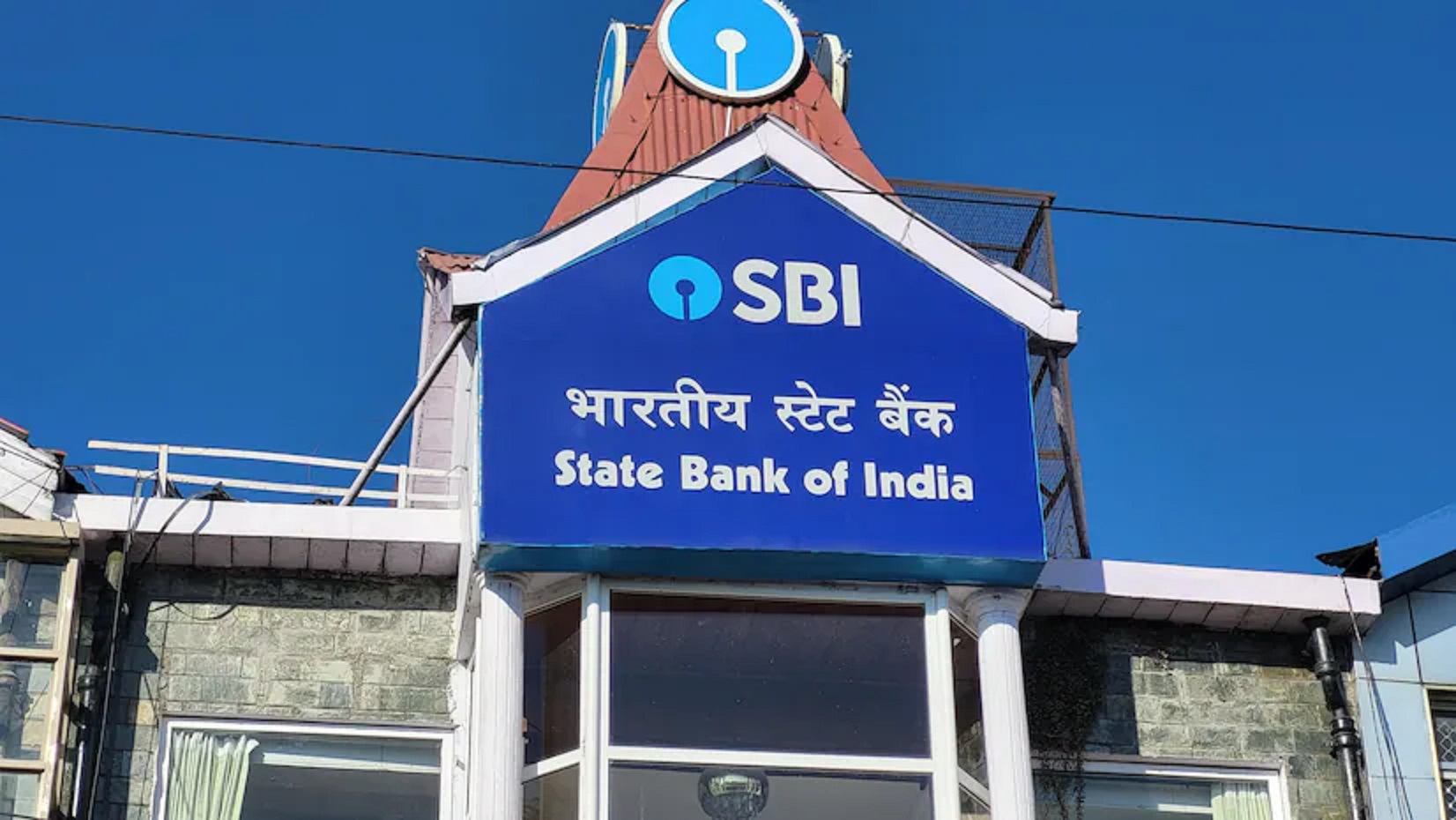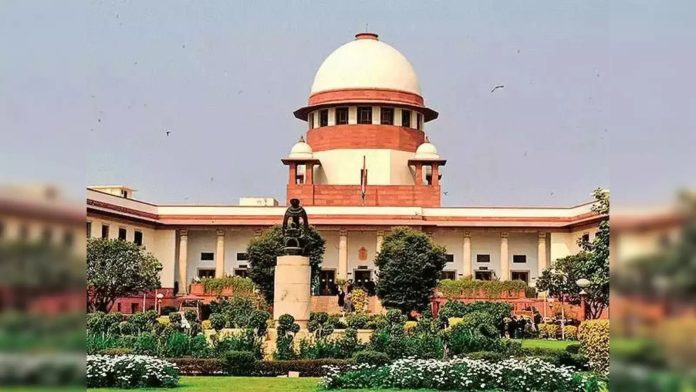- At best of times, the Indian political landscape is mostly mired in opaqueness regarding funding matters. We are aware of how quid pro quo usually rules the roost what with the unholy nexus of politicians and businessmen at the root of corruption plaguing the nation. The bane of corruption is so deep-rooted in the country that nothing moves without greasing the palms of the officials whenever common citizens look for any government approvals. Of course, the political class vehemently issues statements denigrating the bane of corruption at every given opportunity. Even the electoral speeches from the leaders exhort people to not fall for corruption with platitudes promising us to strictly handle perpetrators thrown in for good measure. Does it work? No.

PC: Business Standard
- However, it always was an open secret that political parties were receiving huge amounts of funds from big business houses as well as middle and other smaller establishments. The party in power usually got the highest funding. As you are aware, the electoral bond scheme was introduced by the present dispensation at the Centre to facilitate political funding in India. Introduced in 2017, the electoral bond scheme enabled individuals and corporate groups to donate money (without any capping) to their desired political parties, without disclosing their identity. This was struck down as unconstitutional by the Supreme Court in February 2024. While passing the order, the SC had asked the SBI to submit details of electoral bonds (EBs) to the Election Commission.
- SBI has not submitted details of EBs to EC after an embarrassing day at SC recently. SBI’s application asking for an extension of the deadline to June 30 was dismissed. Separately, EC has been asked to compile info on EBs and publish it on their website by 5 PM on 15th March 2024. Such a strict order by SC was much required. Note that in terms of optics, SBI’s approach to SC’s landmark Feb verdict on EBs has been poor. SC’s order was straightforward. SBI was asked to compile details it was always required to keep and give these to EC by March 6. In its application to SC, SBI asked for time to carry out value addition on the data. SC’s order didn’t ask for any value addition. It just asked the bank to hand over info it was expected to maintain in the first place.

PC: TOI
- Mind you, SBI’s response to SC’s judgment validates the main criticism of EBs. They are bearer bonds similar to currency. That’s why only RBI was authorized to issue bearer bonds. Removing the monopoly power triggered an objection by RBI in 2017. One of its grounds was that a bearer bond can change hands before it reaches a political party for encashment. That’s the way currency works too. So, it’s hard to understand why India’s largest commercial bank wanted more time to match donor details with redemption by political parties. There’s no foolproof way of doing it. Yes, SC’s decision to strike down EBs was a milestone. The highlight of this unanimous verdict was that info on political funding is essential to help voters decide on their choice. That’s achieved now.






